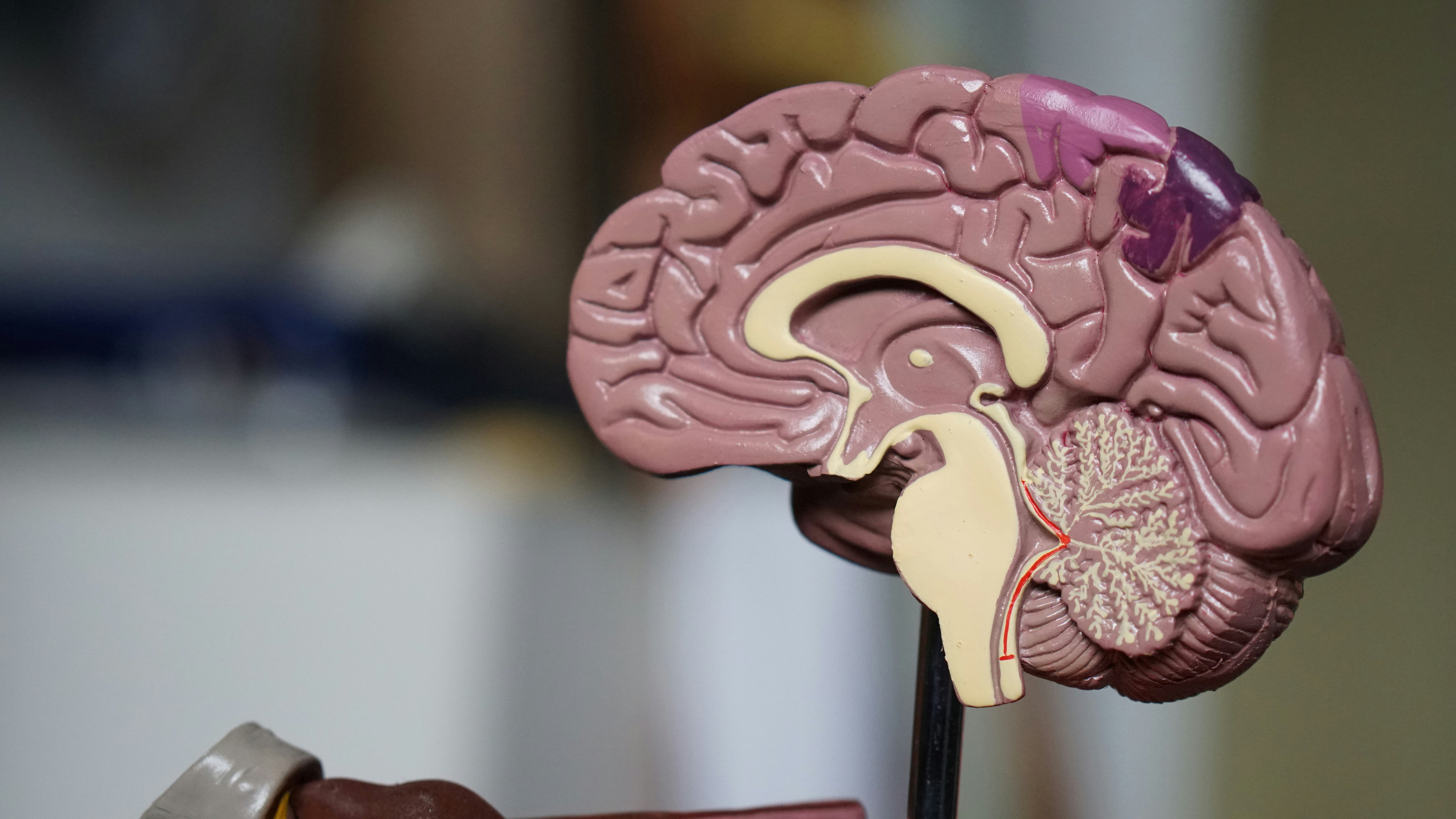Unraveling the Enigma of Octopus Intelligence
Dive into the mysterious world of cephalopod cognition as we explore the fascinating realm of octopus intelligence. These eight-armed wonders have captivated scientists and animal enthusiasts alike with their problem-solving abilities, adaptive behaviors, and complex nervous systems. Join us on a journey beneath the waves to discover how these incredible creatures are reshaping our understanding of animal intelligence and challenging long-held beliefs about cognition in invertebrates.

The Evolution of Octopus Intelligence
Octopuses diverged from other mollusks over 500 million years ago, embarking on a unique evolutionary journey that led to the development of their remarkable intelligence. Unlike vertebrates, whose intelligence is centralized in a single brain, octopuses have a distributed nervous system, with the majority of their neurons located in their arms. This decentralized approach to cognition allows for rapid and complex decision-making, enabling octopuses to respond quickly to threats and opportunities in their environment.
The evolution of octopus intelligence is closely tied to their survival strategies. As soft-bodied creatures in a predator-rich environment, octopuses had to develop advanced problem-solving skills and adaptability to survive. Their ability to change color, texture, and shape not only serves as camouflage but also as a form of communication and expression, hinting at a sophisticated level of self-awareness and emotional complexity.
Problem-Solving and Tool Use
One of the most compelling aspects of octopus intelligence is their ability to solve complex problems and use tools. Numerous studies have documented octopuses manipulating objects in their environment to achieve specific goals, such as using coconut shells as portable shelters or wielding empty bottles as weapons against potential threats. These behaviors demonstrate not only creativity but also a level of planning and foresight typically associated with higher vertebrates.
In laboratory settings, octopuses have repeatedly surprised researchers with their problem-solving abilities. They can navigate mazes, unscrew jar lids to access food, and even learn to complete tasks by observing other octopuses. This capacity for observational learning is particularly noteworthy, as it suggests a level of social cognition previously thought to be beyond the reach of invertebrates.
Memory and Learning
Contrary to the common misconception that invertebrates have simple, reflexive behaviors, octopuses possess remarkable learning and memory capabilities. They can remember the solutions to problems they have previously encountered, even after long periods of time. This long-term memory is crucial for their survival in the wild, allowing them to remember safe den locations, successful hunting techniques, and potential dangers.
Octopuses also demonstrate short-term memory and working memory comparable to many vertebrates. They can retain information about their immediate environment and use it to make decisions, a skill that is essential for navigating the complex and ever-changing underwater world they inhabit.
Emotional Intelligence and Personality
Perhaps one of the most intriguing aspects of octopus intelligence is the growing evidence for emotional complexity and individual personality traits. Researchers have observed distinct behavioral patterns in individual octopuses, suggesting the presence of unique personalities. Some octopuses exhibit curiosity and playfulness, while others display shyness or aggression.
Moreover, octopuses have shown signs of what could be interpreted as emotional states. They can express frustration when faced with difficult tasks, display excitement when presented with novel stimuli, and even engage in what appears to be play behavior. These observations challenge our understanding of invertebrate cognition and raise important questions about the nature of consciousness and emotions in non-human animals.
Implications for Animal Welfare and Conservation
The recognition of octopus intelligence has significant implications for animal welfare and conservation efforts. As we gain a deeper understanding of their cognitive abilities, there is a growing ethical concern about the treatment of octopuses in research laboratories, aquariums, and the fishing industry. Some countries have already begun to implement regulations that acknowledge the sentience of cephalopods, providing them with legal protections similar to those afforded to vertebrates.
From a conservation perspective, the complex intelligence of octopuses underscores the importance of protecting their habitats and ensuring sustainable fishing practices. As key players in marine ecosystems, the loss of octopus populations could have far-reaching consequences for ocean biodiversity and health.
The Future of Octopus Research
As our understanding of octopus intelligence continues to grow, new avenues of research are emerging. Scientists are exploring the potential of octopuses as model organisms for studying the evolution of intelligence and the fundamental principles of cognition. Advanced imaging techniques and genetic studies are providing unprecedented insights into the octopus brain and nervous system, offering clues about the neural basis of their remarkable abilities.
The study of octopus intelligence also has potential applications in fields such as robotics and artificial intelligence. The decentralized nature of octopus cognition and their ability to solve problems with flexible, adaptable strategies could inspire new approaches to machine learning and autonomous systems.
As we continue to unravel the enigma of octopus intelligence, we are not only gaining a deeper appreciation for these fascinating creatures but also challenging our assumptions about the nature of intelligence itself. The octopus serves as a powerful reminder of the diverse and often unexpected forms that cognition can take in the animal kingdom, inviting us to expand our understanding of what it means to be intelligent.





